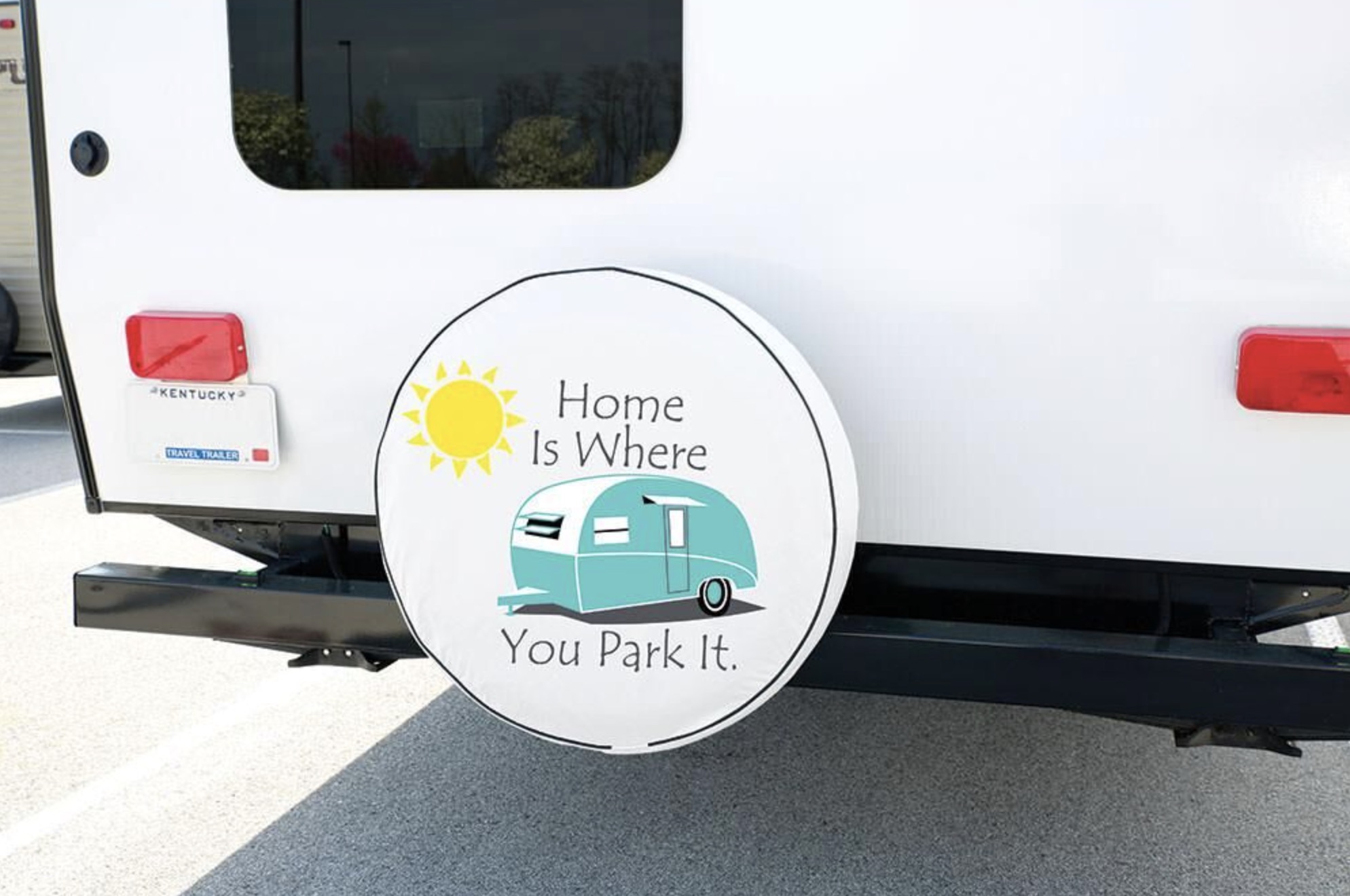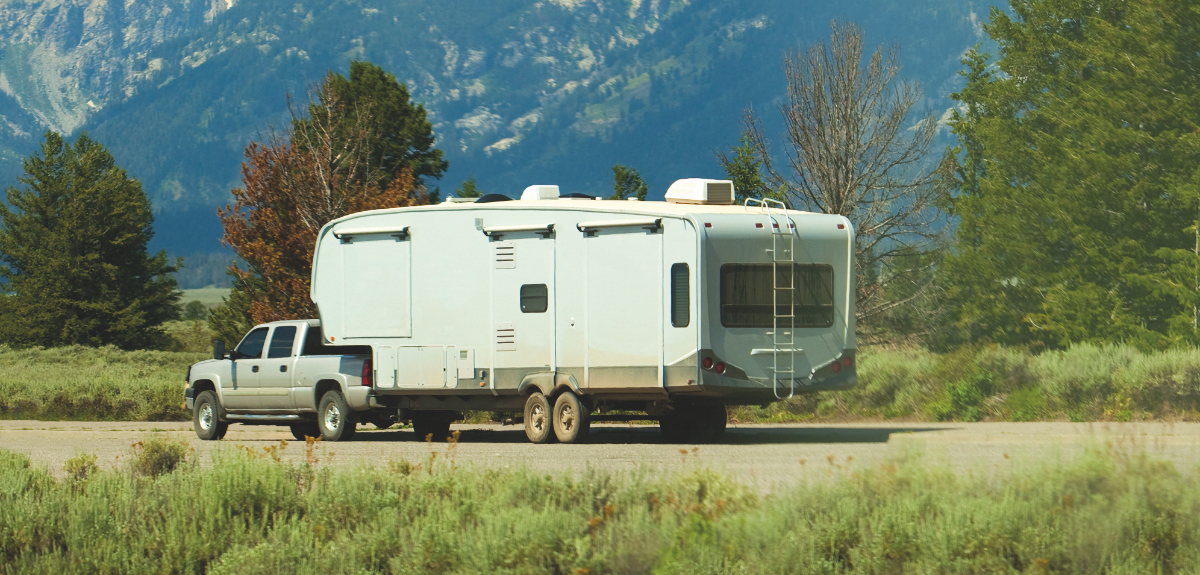RV Tire Covers: Do They Work, and Are They A Good Investment?
Let's Take a Closer Look at This Common RV Accessory
Image Caption: Tire covers protect your tires from the elements, but how well do they really work?
Your RV is a literal house on wheels. On those wheels come tires—and they’re one of the most important parts of your camper. And even though wheels and tires are the exact features that make an RV so appealing to so many (traveling and the ability to enjoy the open road), they’re very often forgotten about. Once you’re inside the RV, it’s easy to forget that you’re sitting on wheels. And just like any other vehicle, the road leaves an impact on the tires.
There are a lot of ways to keep your tires in good shape, like regularly checking the tire pressure and inspecting for nails or screws.
While traveling down the road does certainly cause wear and tear, sitting still in one spot and exposed to the elements can seriously damage your tires. One highly advertised way to keep your tires safe when the RV isn’t moving is tire covers. But do they work?
What Happens to RV Tires?
Let’s start with the basics. When your RV is sitting, your tires are exposed to UV rays from the sun. Especially when you’re in a warm, sunny area (and you’re RVing, so why wouldn’t you be?), the sun constantly beating down on the sidewalls of your tires weakens them.
This leads to cracking. The weaker your tires are, the higher the likelihood of a blowout—and it doesn’t need to be said how dangerous that can be.
What Kinds of RV Tire Covers Are There?

It’s important to not only protect the tires on your rig but also your spare. (Image from Camping World)
Like with most RV accessories, there are several different types of tire covers available to you.
First, there are shield style tire covers. These are rectangles of material that cover the front of the tire from the sun and direct exposure to the other elements.
Second, there are bag style tire covers. These wrap the entire tire and provide even more optimal protection from sun, rain, or snow.
Both of these options can extend the life of your tires.
Do they work? Studies have shown that heat and sun damage to tires doubles for every 16 degrees. Additional studies have shown that tire temperatures for covered tires are certainly lower than those that are exposed to the sun. So, in short: yes, they definitely help and can extend the longevity of the tire.
Do You Need RV Tire Covers?
Now the most important question: do you need tire covers? Are they worth the investment? RV tires aren’t cheap, so protecting them is definitely worth it in the long run. But ultimately it depends on your style of RVing.
If you’re constantly moving, only staying in places for a few days at a time, and your tires aren’t getting an opportunity to become stagnant, you probably don’t really need tire covers.
On the other hand, if you store your RV for long periods of time, especially outside, or if you have a stationary RV (if you’re a snowbird, for example, and once your RV is parked it’s not going anywhere), then the small cost of RV tire covers can most definitely prolong the life of your tires.
In the grand scheme of RV investments, tire covers are fairly affordable thanks to a wide variety available. They’re certainly cheaper than buying an entirely new set of tires. If you think you’ll be posting up or parking somewhere for an extended period of time, pick up a set.





